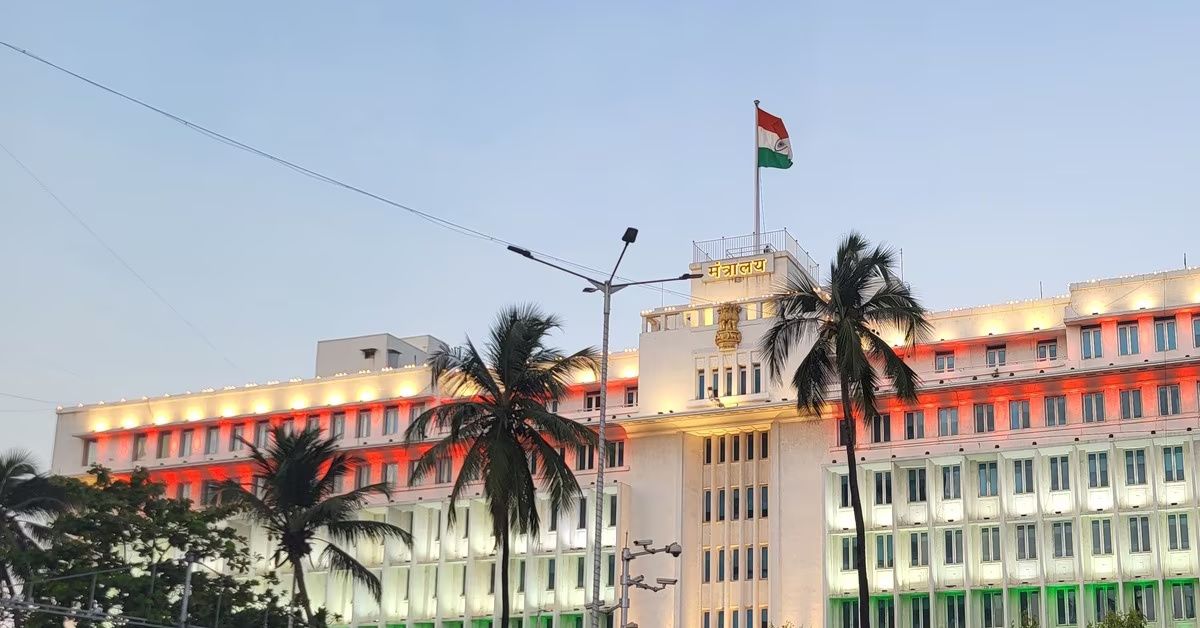Maharashtra Targets One in Three New Vehicles to Be Electric by 2030


Maharashtra has unveiled a wide-ranging electric vehicle (EV) policy that targets a dramatic shift in the state’s transport landscape. The goal is clear: by 2030, every third new vehicle registered in the state should be electric. This vision is backed not only by high targets but also by significant financial commitments and regulatory support that could place Maharashtra at the forefront of India’s green mobility transition.
The Maharashtra Electric Vehicle Policy 2025, which took effect on April 1, 2025, replaces the earlier 2021 policy. The government has more than doubled its EV-related funding from ₹930 crore to ₹1,993 crore. This five-year plan runs until March 31, 2030, and substantially broadens its scope. The number of vehicle segments eligible for incentives has increased from five to thirteen.
The policy sets tangible goals: one lakh electric two-wheelers, 25,000 transport-category electric four-wheelers, and 1,500 electric buses are expected to be registered under the scheme. According to the Chief Minister, the aim is not just to push sales but to make EVs more accessible and practical for a wider audience.
At the core of the policy is a revamped incentive system. Two-wheelers will receive ₹10,000 in direct benefits, while electric three-wheelers are eligible for up to ₹30,000. For private four-wheelers, the subsidy climbs to ₹1.5 lakh. Commercial four-wheelers get even more — up to ₹2 lakh per vehicle.
In a notable shift from previous frameworks, the policy removes the cap on subsidies for private electric cars. This could make high-end electric models more financially viable for buyers. Electric buses receive the largest backing, with state transport undertakings and private operators both eligible for up to ₹20 lakh per unit.
To further reduce the cost of ownership, all electric vehicles registered during this period are fully exempt from motor vehicle tax and registration fees.
The policy addresses a major concern that deters EV adoption: charging infrastructure. Charging stations are to be installed every 25 kilometres along state and national highways. Every government office car park must have at least one charging station, and new residential buildings are required to be fully EV-charging ready. This includes at least one community charging point per complex.
New commercial buildings must allocate 50% of parking space to EV charging, while existing shared-parking structures must ensure that 20% of spaces have operational chargers.
EV drivers will also benefit from toll waivers. Electric four-wheelers and buses are now exempt from toll charges on key expressways, including the Mumbai-Pune Expressway, the Mumbai Trans Harbour Link, and the Samruddhi Mahamarg. The government plans to gradually extend this exemption to other roads under its jurisdiction.
The policy also aims to establish Maharashtra as a hub for EV manufacturing. All EV manufacturers, regardless of their location within the state, are eligible for benefits under the 'D+' industrial category reserved for mega projects. Additionally, a dedicated ₹15 crore grant has been created to support research into advanced battery chemistries, motor technology, and vehicle-to-grid solutions.
Skill development is another pillar of the plan. The state’s technical education board will roll out dedicated training programmes in EV design, battery systems, and charging infrastructure. The transport department will also create automated vehicle testing stations that include battery safety checks such as thermal runaway testing.
The state has quantified the environmental impact it hopes to achieve: 325 tonnes of PM 2.5 and 1,000 tonnes of greenhouse gas emissions are projected to be prevented by 2030 under the new policy. This supports the state's broader clean mobility ambitions.
Maharashtra already accounts for over 12% of all EV sales in India in FY2025, making it the second-largest EV market in the country. Its well-established automotive manufacturing base provides a strong foundation to meet the 2030 targets.
By combining buyer incentives, infrastructure investment, industry support, and environmental goals into a single policy framework, Maharashtra is making a serious push towards reshaping how its citizens move. Whether the targets are fully met or not, the direction is unmistakably electric.